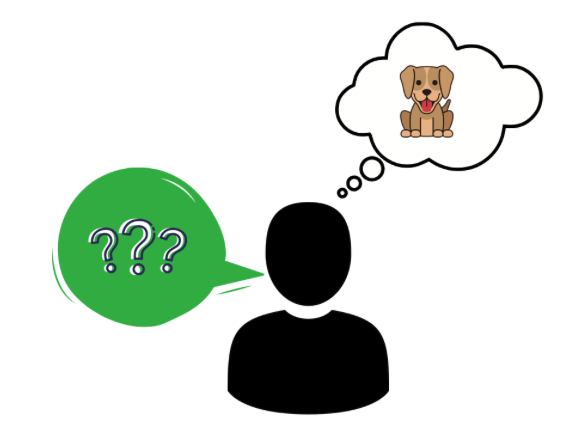by Brooke Oliver: What is PPA?
In our previous education blog, “What is Aphasia?” , we learned that aphasia is caused by a sudden insult to the brain, such as a stroke or other brain injury, that damages the language center of the brain. The sudden-onset version of aphasia typically does not impact cognitive abilities, and the person with aphasia can continue to improve over their life-time. However, Primary Progressive Aphasia is caused by degenerative disorders such as frontotemporal lobar degeneration (FTLD) with a gradual progression of speech and language impairments. It can affect speaking, understanding language, reading and writing. It is a progressive disorder which initially presents with difficulty speaking – in contrast, a progressive disease of the Alzheimer’s type, will initially present with difficulty with short-term memory.
PPA Progression
Symptoms of PPA usually begin between the ages of 40 and 60 years old. In the early stages of PPA, an individual may have difficulty finding the words he or she wants to say, but memory and other thinking skills are relatively intact. The symptoms progress gradually over time so a person with PPA may still be able to work, take care of themselves and participate in typical daily activities for years after a diagnosis. The rate at which the symptoms progress is different from person to person. In the later stages, memory, behavior and other cognitive skills may start to decline and worsen over time.

Types of PPA
There are 3 types of PPA:
- Logopenic (PPA-L): A person with PPA-L may have difficulty finding the words he or she wants to say. When they are trying to think of the word they want to say they may use many words to describe the word they are trying to think of (“talk around the word”). Logopenic PPA is also characterized by telegraphic speech. Telegraphic speech is when a person speaks in shorter sentences or phrases using mostly nouns and verbs. See an example of logopenic PPA here.
- Semantic (PPA-S): A person with PPA-S can speak fluently but may have difficulty naming objects, understanding conversations, and understanding written language. To hear more about Semantic variant click here.
- Non-Fluent/Agrammatic (PPA-G): A person with PPA-G may have difficulty getting the words out. It is characterized by slow, halting, effortful speech. Sentence structure and grammar are impaired. A person with PPA-G may say “Today….baseball…uh…go” instead of saying, “Today, I am going to the baseball game.” To hear more about non-fluent PPA, click here.
My loved one was diagnosed with PPA – NOW WHAT?
While there is no cure for PPA, there are things you can do to help maintain communication skills and continue to participate in activities of daily living.
A Speech-Language Pathologist (SLP) can help a person with PPA find ways to maintain communication skills for as long as possible. An SLP may recommend using an augmented alternative communication device (AAC) in order to enhance communication skills. It is important to begin using an AAC device in the early stages of PPA while comprehension and language impairments are mild. An AAC device can help in the later stages when speech and language impairments are more severe. If you are interested in finding a speech-language pathologist near you, click here.

Aphasia groups can enhance the quality of life of a person with PPA by making personal connections with other people with aphasia and keeping them involved in their community. To find an aphasia group near you, click here.
We understand a diagnosis of Primary Progressive aphasia can be overwhelming and we want to help you! Voices of Hope for Aphasia has created a two-day workshop specifically for people with PPA in order to educate and provide strategies for communicating and participating in activities of everyday life. Are you wanting to learn more about PPA? Are you interested in learning what strategies other families are using? Click here and stay up to date on our next workshop dates!
Voices of Hope for Aphasia is here to help you find the resources you need! Contact us by phone: 727-249-1953 or email info@vohaphasia.org
Below we have listed a few resources:
National Aphasia Association definition of PPA
Mesulam Center for Cognitive Neurology and Alzheimer’s Disease
Mayo Clinic information about PPA
Video: “What is Primary Progressive Aphasia” by NAA
